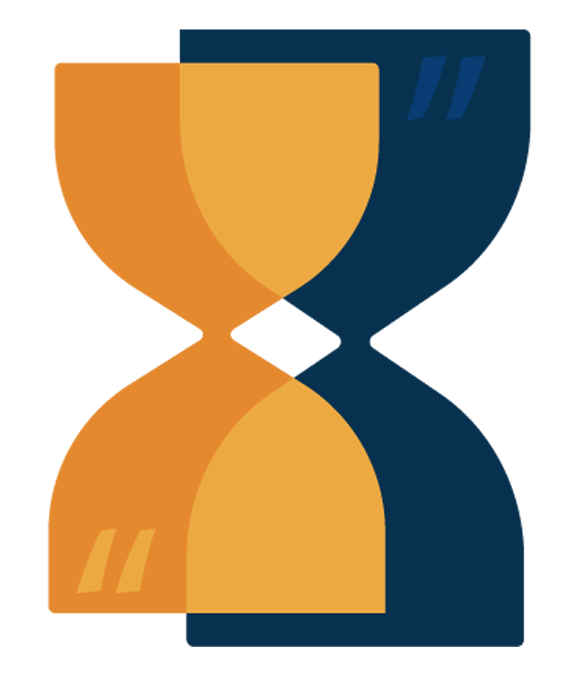VOICE Webinars
VOICE and UNICEF "We Must Do Better"
VOICE and UNICEF created space for local women's groups to have their voices heard to help set priorities and influence decision-making within the humanitarian system. In a Listening Session designed for potential donors to hear directly from women leaders, the VOICE and UNICEF "We Must Do Better" Webinar sought to be a "state of the industry" assessment on the aid system's funding of women and girl-led organizations.
The conversation centered on findings from the VOICE "We Must Do Better" research, along with insight and shared experiences from the local women leaders participating in the panel.
Our Panelists
MENDY MARSH (VOICE) Mendy Marsh is an expert in addressing violence against women and girls, as well as promoting their leadership and expertise in humanitarian response work. Professionally, she has an impressive career, including notable work at UNICEF, where she handled the Global Violence Against Women and Girls in Emergencies portfolio. Mendy has shaped policy, raised millions of dollars, defined cutting-edge interventions to promote the empowerment of women and girls in conflict and disaster contexts, and driven UN entities, NGOs, and research organizations to develop some of the most innovative tools in the sector.
MEGAN GILGAN (UNICEF) Megan is the Acting Director of the Public Partnerships Division of UNICEF, working with Governments, International Financial Institutions and Global Programme Partnerships to mobilize and leverage resources for children world-wide. She has worked in humanitarian assistance for 20 years in some of the most complex situations in the world including Afghanistan, Bangladesh, Kosovo and South Sudan. For the last year, like many mothers she has been juggling home schooling and working from home while leading UNICEF’s resource mobilization for COVID response.
SHARANYA SEKARAM (VOICE) Sharanya Sekaram identifies as a feminist writer, researcher, and activist based in Sri Lanka. She is the Regional Technical Lead for South Asia with VOICE. Sharanya is passionate about the democratization of information and resources, as well as access to networks and spaces. She holds an LLB (Hons), a Masters in Conflict and Peace Studies, and is also currently reading for a Post-Graduate Diploma in Women and Gender Studies at the University of Colombo.
MARIAM ALIYU (ORG LEADER, LETSAI)
Mariam Aliyu is a medical radiographer by profession, an EVAWG Advocate by passion, and a Social development advocate by mission. She is also a feminist and the Founder/Executive Director of the Learning Through Skills Acquisition Initiative (LETSAI), based in Northern Nigeria.
BELLA MATAMBANADZO (FEMINIST ACTIVIST, ZIMBABWE) Bella Matambanadzo is a feminist activist and writer from Zimbabwe. She works with feminist and women’s rights groups to conceptualize, create and implement their diverse strategies for success. In 2006 she was named one of 11 women human rights defenders on the frontline by the global human rights movement Amnesty International. As an author, she has also contributed to numerous global publications.
SURAYA PAKZAD (ORG LEADER, VOICE OF WOMEN ORGANIZATION) Suraya Pakzad, one of TIME’s 100 most influential people of 2009, is the founder of Voice of Women Organization (VWO) in Afghanistan. Growing up during the years of armed resistance against the Soviet-backed government in Afghanistan, she set up covert schools for girls under the oppressive rule of Taliban. In 2001, Suraya established the Voice of Women Organization (VWO), which provides direct protection for at risk women and girls.
Feminist Movement Building in Africa
At VOICE we know that where there are strong women’s movements, there is greater access to rights and resources for women. Women know exactly what they need, and are often the most effective change-agents in their communities. But the potential for women to drive these changes is often stifled by patriarchal institutions, cultures, and behaviors.
Feminist movement-building promotes feminist perspectives as the driving force of systemic change, with emphasis on women-led activism across issues and environments. Feminist movement-building is achieved by the mobilization and galvanization of women and girls into networks, organizations, and movements.
Through our very first panel discussion on the topic, VOICE is excited to discuss the feminist movement-building that has taken place in parts of Africa. We are speaking to some of the women who have been at the forefront of these successful, global, women-led movements. This panel discussion ultimately aims to understand how we can continue to push for feminist solutions, by means of creating, growing, and supporting women-led movements, in order to eradicate the multiple forms of violence women and girls face.
Our Panelists
Aisha Yesufu is a Nigerian socio-political activist, and co-convener of the Bring Back Our Girls Movement, an advocacy group that brought attention to the abduction of over 200 girls from a secondary school in Chibok, Nigeria in 2014. She is also known for being a leading voice and icon of the 2020 #EndSARS movement and protests in Nigeria.
Sally Mboumien is a Cameroonian peace builder and feminist activist, who has been leading a network of women calling for peace and ceasefire in the Cameroonian Anglophone Crisis. She is the executive director of Common Action for Gender Development (COMAGEND), and also advocates for sexual and reproductive health and rights (SRHR) for women and girls.
Moderated by Chiderah Monde
Sexual Exploitation & Abuse in International Aid
For too long, the international aid sector has contended with the open secret of widespread sexual exploitation and abuse (SEA) from within our ranks. VOICE is not afraid to say it: any institution that has men in positions of power working on behalf of women and girls is potentially negligent. We are not talking about a few bad apples; in all international NGOs and UN agencies, predatory men continue to hide behind a curtain of altruism.
There is a better way to handle this. Organizations must implement real, feminist policy changes that protect the women and children they claim to serve. This dirty little secret of the aid community can no longer be hidden in plain sight.
This is the recording of our conversation, moderated by VOICE Executive Director Mendy Marsh.
Panelists:
Alina Potts is a Research Scientist with the Global Women’s Institute, where she centers refugee women and girls in participatory action research on SEA in humanitarian settings through "Empowered Aid". Previously, Alina coordinated violence prevention research at UNICEF, focusing on intersections between violence against women and children. As a practitioner, she led GBV programming for the International Rescue Committee in a number of humanitarian responses over 10 years; and worked in refugee resettlement in the US and Europe. She is actively involved in teaching, mentoring, and capacity-sharing initiatives.
Pamela Shifman is a passionate and experienced advocate for girls and women's rights, social justice, and transformative philanthropy. For 12 years, her leadership has shaped the work of the NoVo Foundation, first as Director of NoVo’s Initiatives for Girls and Women and then as Executive Director of the NoVo Foundation from 2014 through 2019, where she oversaw the Foundations historic 90 million dollar commitment to girls of color, the creation of NoVo Foundations’ Radical Hope Fund and a myriad of funding strategies dedicated to grassroots women’s and girls’ rights movements all over the world.
Francisca Vigaud-Walsh has been working on refugee, IDP, and migrant protection matters for close to twenty years, with a specialization in GBV prevention and response. Passionate about accountability to women and girls, she has undertaken research and policy work to influence reforms in the humanitarian system for women and girls. Most recently, she served the Independent High-Level Commission on Sexual Misconduct, Accountability, and Culture Change at Oxfam, where she led research on the organization’s safeguarding policy and practice, and authored the Commission’s reports for reforms at Oxfam and beyond.
Doris Maholo Saydee is a feminist and a champion for social justice. She has over 14 years’ work experience in program management, implementation, coordination advocacy and supervision with the UN system, the Government of Liberia, and INGO in humanitarian, development and peacekeeping settings in East and West Africa. She most recently served as Gender Affairs Officer for the UN Mission in South Sudan where she supported the implementation of UN Resolutions on women, peace and security within the scope of the Mission’s mandate and DPO Policy on Gender Responsive Peacekeeping Operations.
Centering the Experiences of Women in the Humanitarian Sector
VOICE, in partnership with the Arab Institute for Women (AiW), hosted a panel just after World Humanitarian Day to discuss women’s experiences in the world of humanitarian aid. The panel discussion called attention to the neocolonial ways in which aid is delivered, making it racist, distinctly non-feminist and anti-women. The conversation centered around how we envision a world with a feminist approach to delivering humanitarian aid, and women-centered practices around aid worker safety and security.
Panelists:
Dr. Anusanthee Pillay, Feminist Humanitarian Network
Harriett Oyombe, International Medical Corps (IMC)
Veronique Ossohou-Kone, Women of Colour working in Emergencies (WeCiE)
Dr. Lina AbiRafeh, Arab Institute for Women (AiW)
Fatou Wurie, Women of Colour working in Emergencies (WeCiE)
Mendy Marsh, VOICE
Moderated by Kelly Joseph, VOICE
Subscribe to stay informed about all things VOICE

